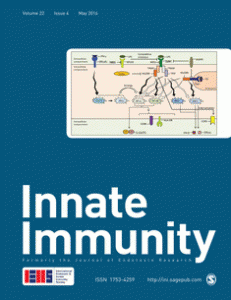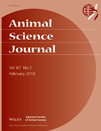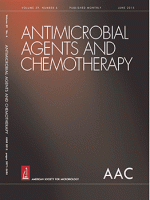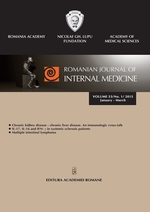 A researcher in Greece has issued extensive — what we sometimes call “mega” — corrections to two 2016 papers published in a medical journal in Romania.
A researcher in Greece has issued extensive — what we sometimes call “mega” — corrections to two 2016 papers published in a medical journal in Romania.
The first author — Alexandra Kalogeraki, a pathology researcher at the University of Crete in Greece — retracted two reviews from the same journal last year for plagiarism. The newest notices remove authors and correct, add, or remove text, often without providing an explicit reason for the change.
The journal told us Kalogeraki initially asked to retract the newly corrected papers, but the editors didn’t believe that the papers warranted the harsher measure, as they’d run a plagiarism scan and conducted peer review of the two papers and did not find any issues. However, the University of Crete is currently investigating allegations of plagiarism in two of Kalogeraki’s other papers, which have already been retracted by the same journal.
For the latest mega-corrections, both are so lengthy we’re only including a small portion of the notice for the case study, “Recurrent Cerebellar Desmoplastic/ Nodular Medulloblastoma in Cerebrospinal Fluid (CSF) in the elderly. A Cytologic Diagnosis,” which deals with authorship: Continue reading Researcher issues massive changes to papers amidst plagiarism investigation

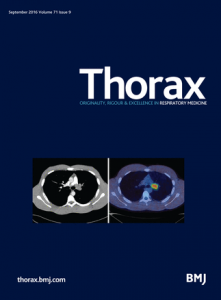
 A U.S. judge has denied a virology researcher’s third attempt to overturn a seven-year debarment from receiving federal funds, following a 2010 decision by the U.S. Office of Research Integrity.
A U.S. judge has denied a virology researcher’s third attempt to overturn a seven-year debarment from receiving federal funds, following a 2010 decision by the U.S. Office of Research Integrity.